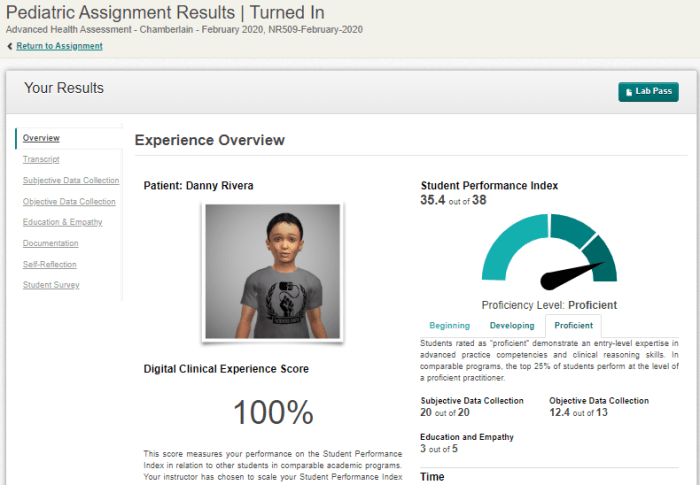Delving into the realm of shadow health focused exam cough documentation, this comprehensive guide unveils the intricacies of patient assessment, differential diagnoses, and treatment strategies. Embark on a journey of medical precision as we unravel the complexities of cough, empowering healthcare professionals with the knowledge and tools to provide optimal patient care.
In this meticulously crafted document, we explore the essential components of a thorough cough evaluation, including detailed history taking, meticulous physical examination, and judicious use of diagnostic tests. Our aim is to equip healthcare practitioners with the expertise to confidently navigate the complexities of cough, ensuring accurate diagnoses and effective management plans.
Shadow Health Focused Exam: Cough Documentation

Cough is a common symptom encountered in clinical practice. A thorough history and physical examination are essential for accurate diagnosis and management of cough.
Patient Presentation
Describe the patient’s chief complaint and symptoms related to cough. Include details about the duration, frequency, and severity of the cough. Note any associated symptoms, such as fever, shortness of breath, or sputum production.
Medical History
Discuss the patient’s relevant medical history, including any underlying respiratory conditions or allergies. Inquire about previous cough episodes, their duration, and any treatments received. Explore any potential risk factors for cough, such as smoking, exposure to irritants, or recent travel.
Physical Examination
Provide a detailed description of the physical examination findings related to the cough. Include auscultation of the lungs, percussion, and palpation of the chest. Note any abnormal breath sounds, wheezing, or other pertinent findings.
Differential Diagnosis
Discuss the possible differential diagnoses for the patient’s cough, based on the history and examination findings. Consider common causes of cough, such as respiratory infections, allergies, or asthma. Explore less common or more serious causes, such as heart failure, pulmonary embolism, or malignancy.
Diagnostic Tests, Shadow health focused exam cough documentation
Explain the rationale for ordering specific diagnostic tests to further evaluate the patient’s cough. Discuss the potential benefits and limitations of each test, such as chest X-ray, sputum culture, or pulmonary function tests. Describe the results of any diagnostic tests performed and their implications for the diagnosis.
Treatment Plan
Describe the treatment plan for the patient’s cough, based on the diagnosis and underlying cause. Include medications prescribed, such as cough suppressants, bronchodilators, or antibiotics. Provide instructions for rest, hydration, and other supportive measures. Discuss the expected duration of treatment and follow-up plan.
Education and Counseling
Provide patient education on the underlying cause of their cough and the importance of adherence to treatment. Discuss lifestyle modifications that may help alleviate symptoms, such as quitting smoking or avoiding irritants. Offer guidance on cough hygiene and proper use of cough suppressants.
FAQ Explained: Shadow Health Focused Exam Cough Documentation
What are the key elements of a comprehensive cough assessment?
A comprehensive cough assessment involves gathering detailed information about the patient’s symptoms, including duration, frequency, severity, and associated symptoms. It also includes a thorough medical history and physical examination, focusing on respiratory findings.
How does differential diagnosis aid in managing cough?
Differential diagnosis is crucial in identifying the underlying cause of cough. By considering various possible diagnoses based on the patient’s presentation and examination findings, healthcare professionals can narrow down the list of potential causes and guide appropriate treatment decisions.
What are the common treatment strategies for cough?
Treatment strategies for cough depend on the underlying cause and may include medications such as cough suppressants, bronchodilators, or antibiotics. Rest, hydration, and lifestyle modifications may also be recommended to alleviate symptoms and promote recovery.